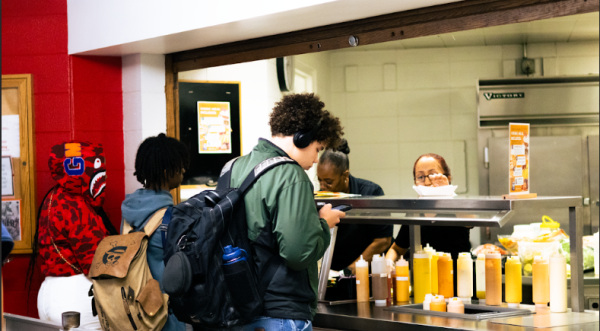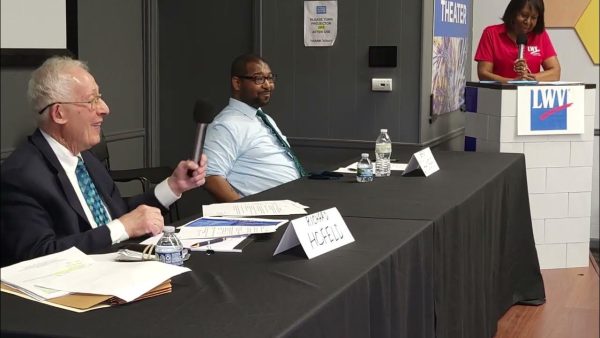APUSH for Black History
AP U.S. History is almost done with its first year incorporating a new curriculum.
The College Board first revised the curriculum in 2006, sparking criticism from conservatives who found it unpatriotic.
Critics said the way slavery and violence towards Native Americans were taught made America look too negative.
The course was also under controversy over how to teach imperialism, racism and American identity, according to NPR.
Georgia, Texas and Oklahoma even introduced bills to ban the course in 2014.
With the course under fire, the College Board re-evaluated it and implemented a new section in 2015 called “American Exceptionalism.”
“American Exceptionalism is a long-standing notion that America is unique and superior to other countries. Discussions of American Exceptionalism often include the idea that God has chosen the United States for a special mission,” AP U.S. History teacher Jon Elfner said.
Despite the national debate, few major changes were made to the H-F curriculum, according to AP U.S. teacher Laura Kelly, who said “the new curriculum has not changed how we approach black history.” and that it was a “smooth transition.”
“Homewood-Flossmoor’s history curriculum has always been complex and rigorous, so when the College Board updated the AP U.S. course, we had far fewer changes to make than most schools,” Kelly said.
The course still includes material on black histroy, even though some critics say it was putting America in a bad light.
“The curriculum is designed with some flexibility. As a result, we continue to devote portions of each unit to the African American experience,” Elfner said.
Some students say that important aspects of African American history are left out, however.
Junior Cheya Washington says that African Americans are underrepresented in the curriculum.
“We spend the entire year learning about ‘American’ history and we spend such little time on African Americans,” Washington said. “Nobody realizes that African Americans are part of American history and I feel as though we are not being represented enough within the class and the curriculum.”
Junior Tamiia Brown says that black history is represented mildly at the AP level.
“I feel like AP is a fast pace class, so if we do talk about black history, it’s more so connected to the lesson we’re on and we only talk about it for a minute and then move on,” Brown said. “We just focus on the ‘white’ history in U.S. and if blacks are involved it’s looked over.”
If someone wanted to go further into the African American education, there is another option beyond U.S. History.
John Schmidt has been teaching African American studies here for 16 years.
He says the coursework addresses fundamental questions about the American experience, like “identity, race, nationalism, social class, economic and political power and gender.”
There is only one semester of the class, but not because of a lack of interest.
“All of our electives in Social Science, except for AP Psychology, are one semester. This is a function of the limitations of people’s schedules, demand for the course, and other elective offerings in the school,” Schmidt said.
Some students want to expand on learning about African Americans.
Junior Katie Sanders plans to take African American studies next year because she did not learn enough of it when she took U.S. History in summer school.
“I want to take it because I’m hoping to learn more about my people besides slavery and all that,” Sanders said. “I felt like they barely scratched the surface about blacks in [the] U.S. like if they talked about us it was either about slavery or something else bad. Our achievements were barely mentioned.”
Sanders says she does not want the positives of African American history overlooked.
“African history didn’t start with slavery,” Sanders said.
Do You Know Your Black History?
1. Which famous court case ruled segregation legal?





